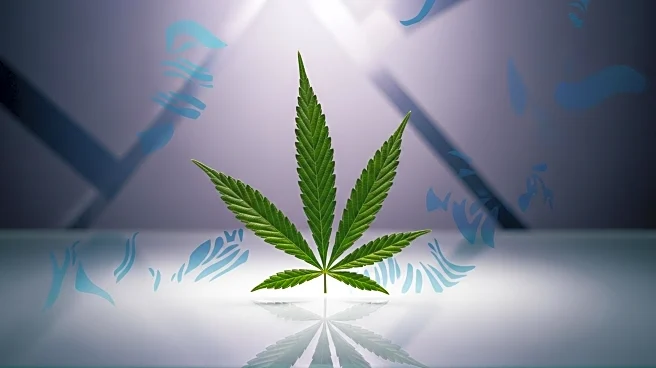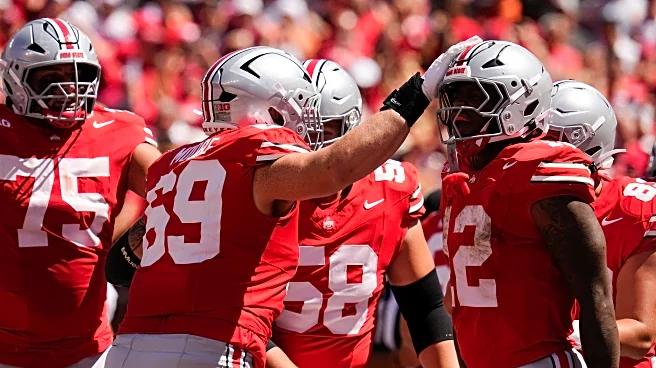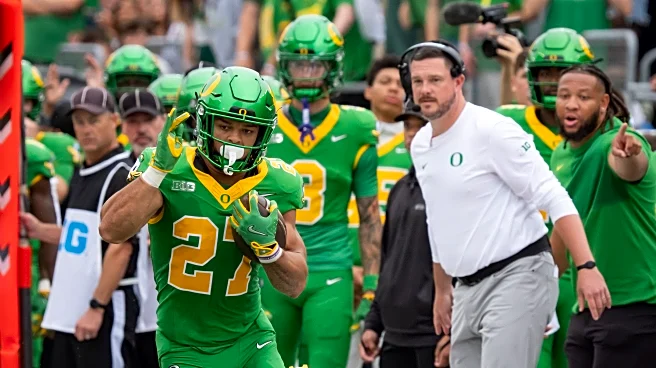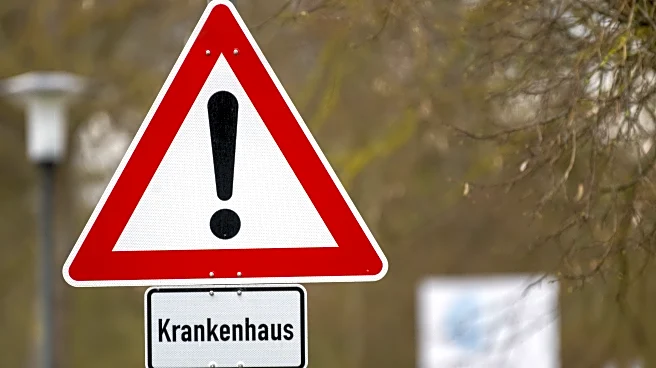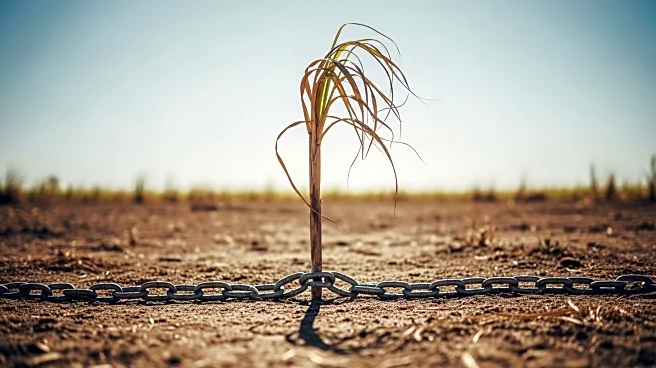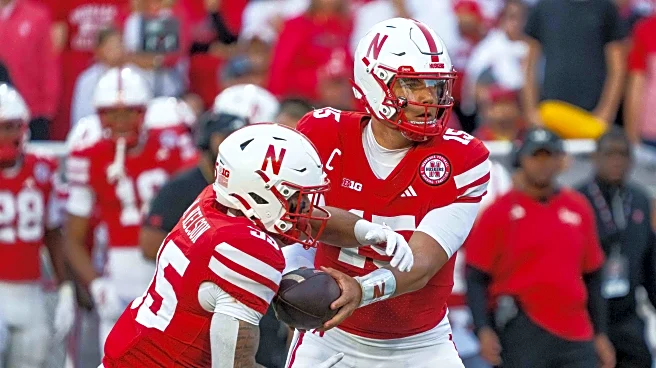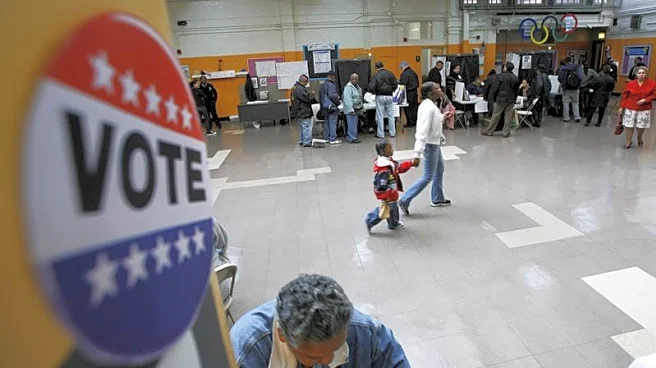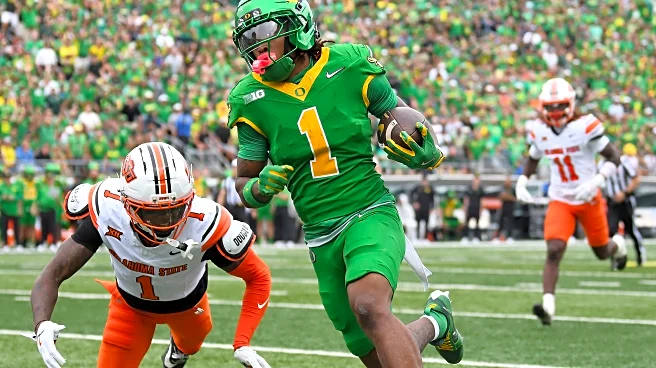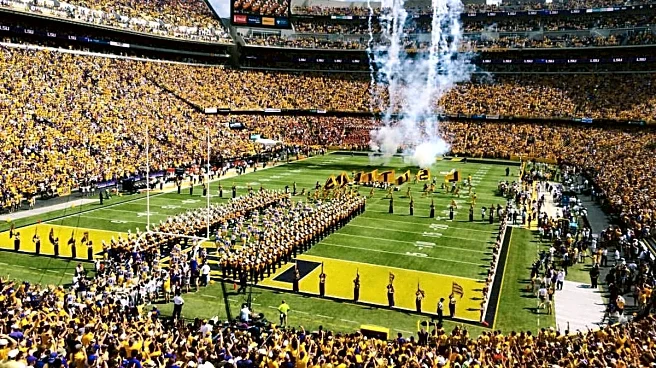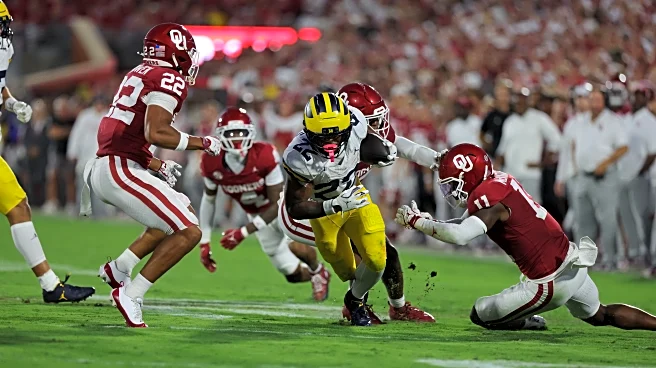What is the story about?
What's Happening?
Minnesota has emerged as a leader in the hemp-THC market, with a robust regulatory framework allowing the sale of hemp-derived THC products. Since legalizing these products in 2022, the state has seen significant growth in the segment, with over 5,000 retailers licensed to sell hemp-THC edibles and beverages. The market is thriving despite Minnesota's restrictive alcohol sales laws, providing a new revenue stream for local businesses. The state's approach has become a model for other regions considering similar legislation, as it navigates complex regulations and consumer demand.
Why It's Important?
Minnesota's success in the hemp-THC market highlights the potential for economic growth through cannabis-related products. The state's regulatory framework provides a blueprint for other states looking to capitalize on the burgeoning industry. The growth of hemp-THC sales offers opportunities for local businesses and contributes to the state's economy. However, the evolving legal landscape poses challenges, as Minnesota prepares to implement adult-use cannabis laws, which could shift consumer preferences and impact existing sales channels.
What's Next?
Minnesota's hemp-THC market faces uncertainty as the state transitions to legalizing adult-use cannabis. The impact on convenience stores, grocery stores, and liquor stores remains to be seen, as dispensaries begin to open. Businesses must adapt to changing regulations and consumer behavior to maintain their market share. The state's approach to cannabis regulation will continue to influence national discussions on hemp-THC sales and cannabis legalization.
AI Generated Content
Do you find this article useful?
